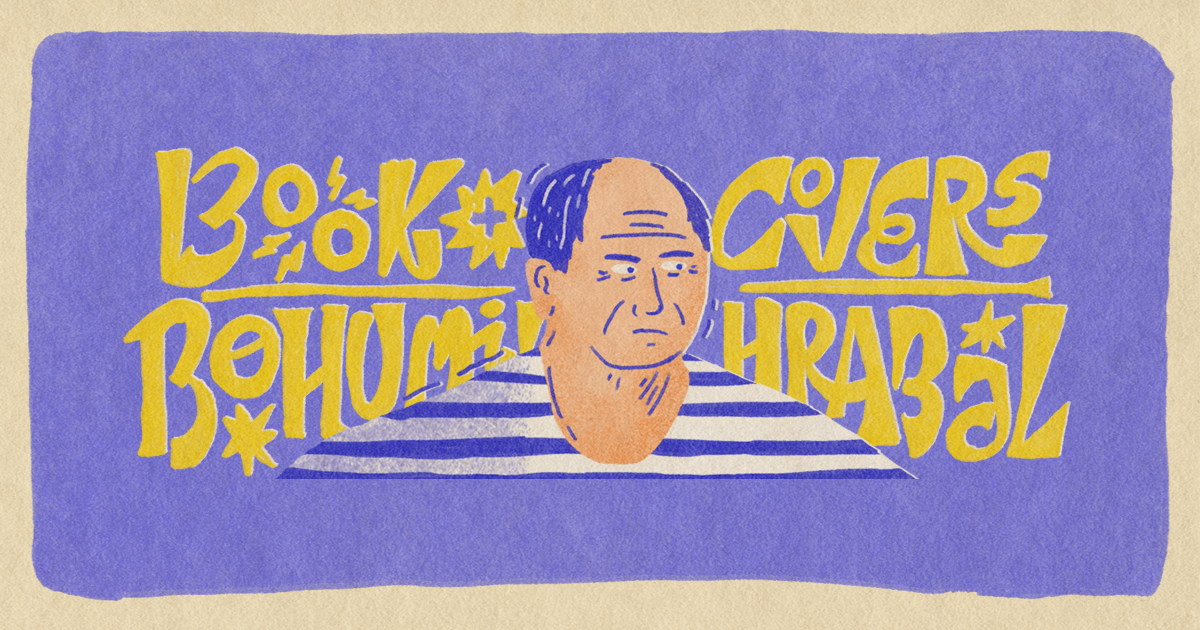Bohumil Hrabal’s novel I Served the King of England tells the story of a waiter who goes from being a busboy to a hotel owner to a penniless old man, laced with political and erotic adventures. Let’s take a look at some of the different covers of this book, which has been translated and published all over the world.
Bohumil Hrabal (1914-1997) is one of the most important writers of twentieth-century Czech literature, who in his novels captured the everyday reality and the spirit of life in Central Europe, as well as the hardships and serenity of the common man. Throughout his life, he has worked as a railway traffic clerk, insurance and travel agent, physical worker, paper collector, and stagehand. He became an established writer in the early 1960s and his success was not long in coming: his 1964 book Closely Watched Trains was made into a film by Jiří Menzel, which won the Academy Award for Best Foreign Language Film in 1968. In the same year, after the invasion of Czechoslovakia, he was blacklisted, banned from the Union of Czechoslovak Writers, excluded from writer-reader meetings and interviews, and in 1970 his new books went straight from the presses to the pulp mill—but he never stopped writing. In fact, in his solitude in Kersko, he wrote more intensely than ever—for himself, a few friends, and his desk drawer.
In 1971, he wrote the novel I Served the King of England in eighteen days, recalling its genesis: “I wrote the stories in the blinding summer sun, with the sun heating up the typewriter so much that it stuttered and stalled several times a minute. Unable to look at the glaring white pages, I couldn’t even check what I was writing, so I wrote in a frenzy of light, in an automatic way [...] I just kept pulling the papers out of the machine, writing six pages an hour in the blazing sun... and I finished and it was done.”
The book was initially published only as samizdat. Hrabal was allowed to publish again from the mid-1970s, but he had to wait until 1989 for the official publication of this work. Apart from the author himself, the novel’s historical perspective, its tragicomic and erotic-sexual stories, and its motif of alienation, among other things, would not have been acceptable to the authorities.
“I was always lucky in my bad luck,” says the novel’s protagonist, and this is perhaps true of the work itself. The popularity of Hrabal and I Served the King of England was also fueled by the ban, as foreign countries showed considerable interest in authors who had been silenced after the events of 1968. In any case, the novel’s success abroad began around the time of the regime change: it was published in German in 1988 and in English in 1989. Menzel also adapted Hrabal’s book for the screen, and the 2006 film added to its popularity. In recent decades, the book has been translated into Persian, Hebrew, Chinese, Japanese, and other languages, in addition to those of European countries.
Most of the book covers feature the figure or hand of a waiter, with food or drink on a tray (such as the Estonian, French, Swedish, and Japanese versions) or a crown (Lithuanian and Dutch). The erotic line is the focus of some English and Hungarian illustrations, while the almost psychedelic Polish and Israeli graphics also feature a female figure. The Greek cover subtly combines the two elements by juxtaposing a bra with the crown. The Hungarian illustrations also feature World War II and the Czech Everyman. The Spanish edition has a more melancholic feel, while the Portuguese have curiously used the Italian Giorgio de Chirico’s 1938 painting The Troubadour for the cover.
One novel, eighteen languages, twenty-six covers. Which is your favorite?
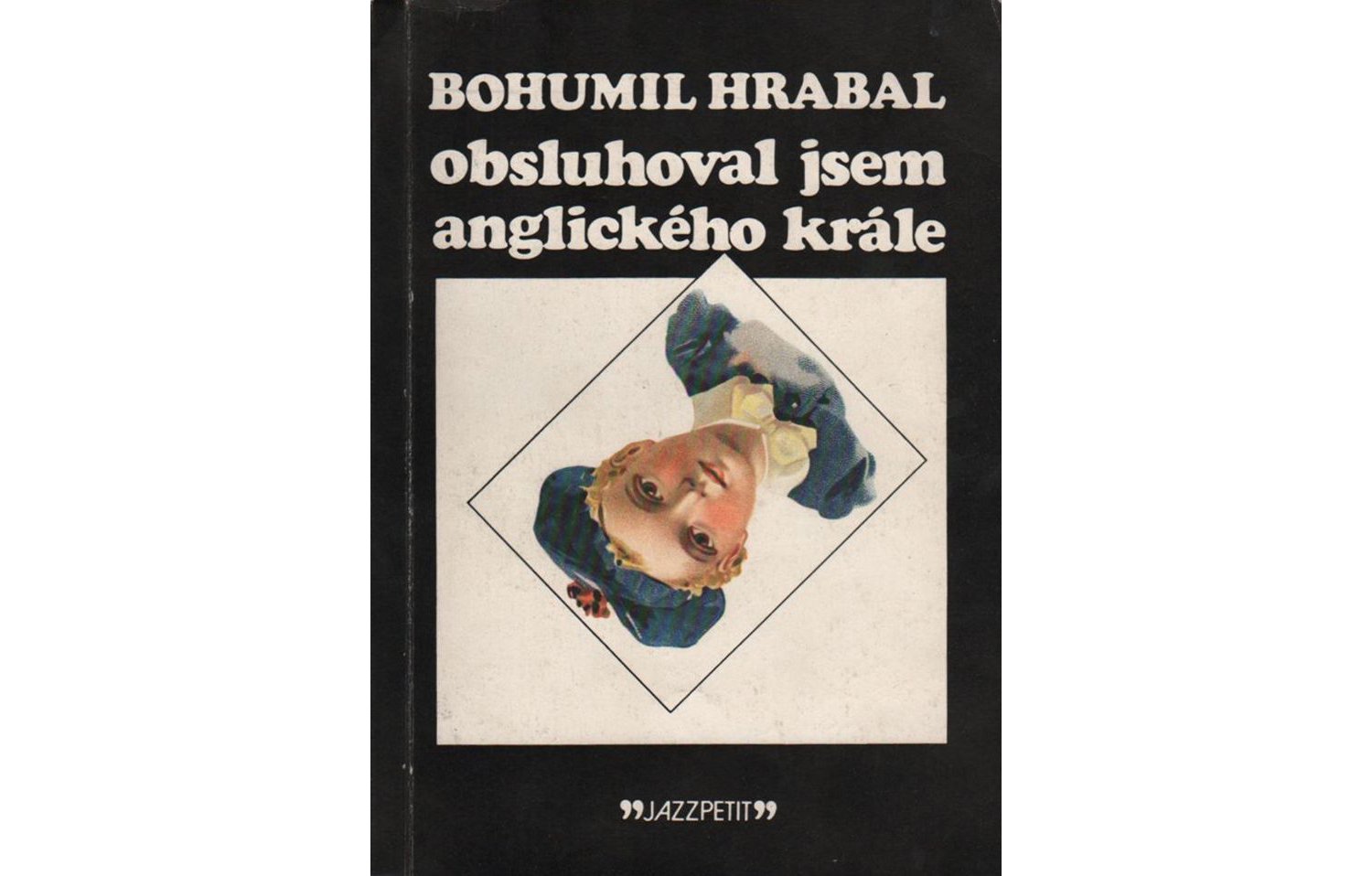
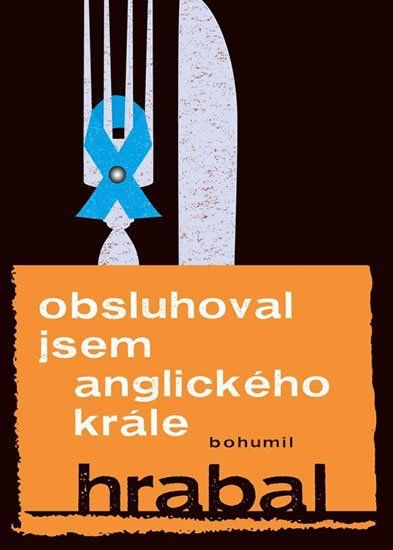

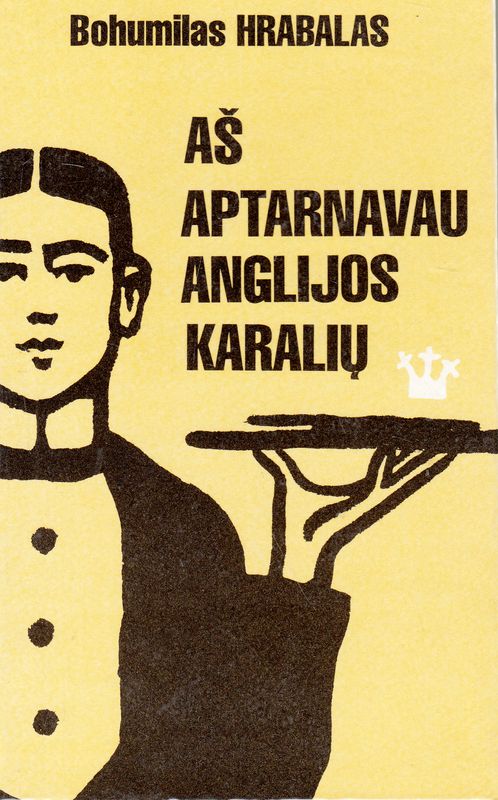

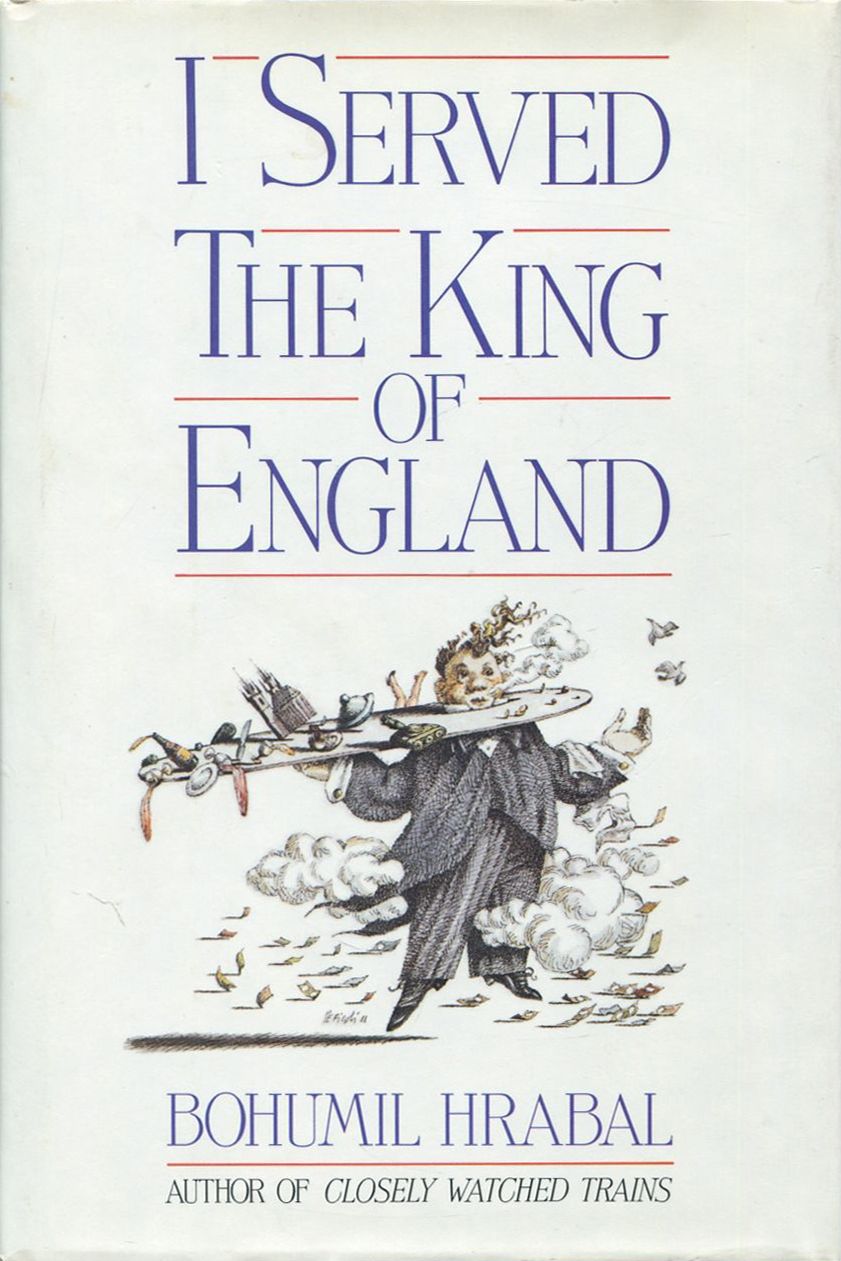
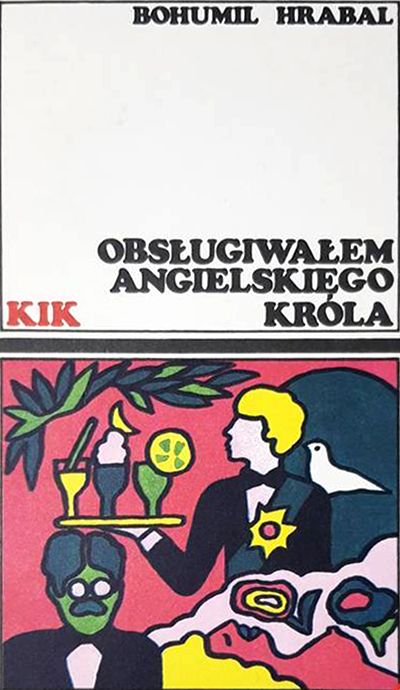
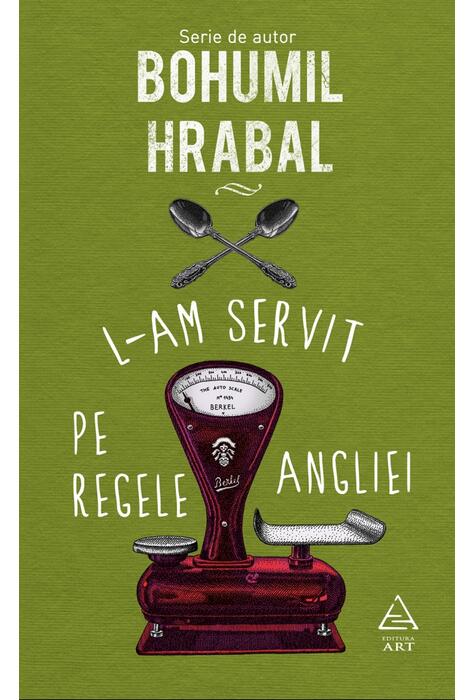
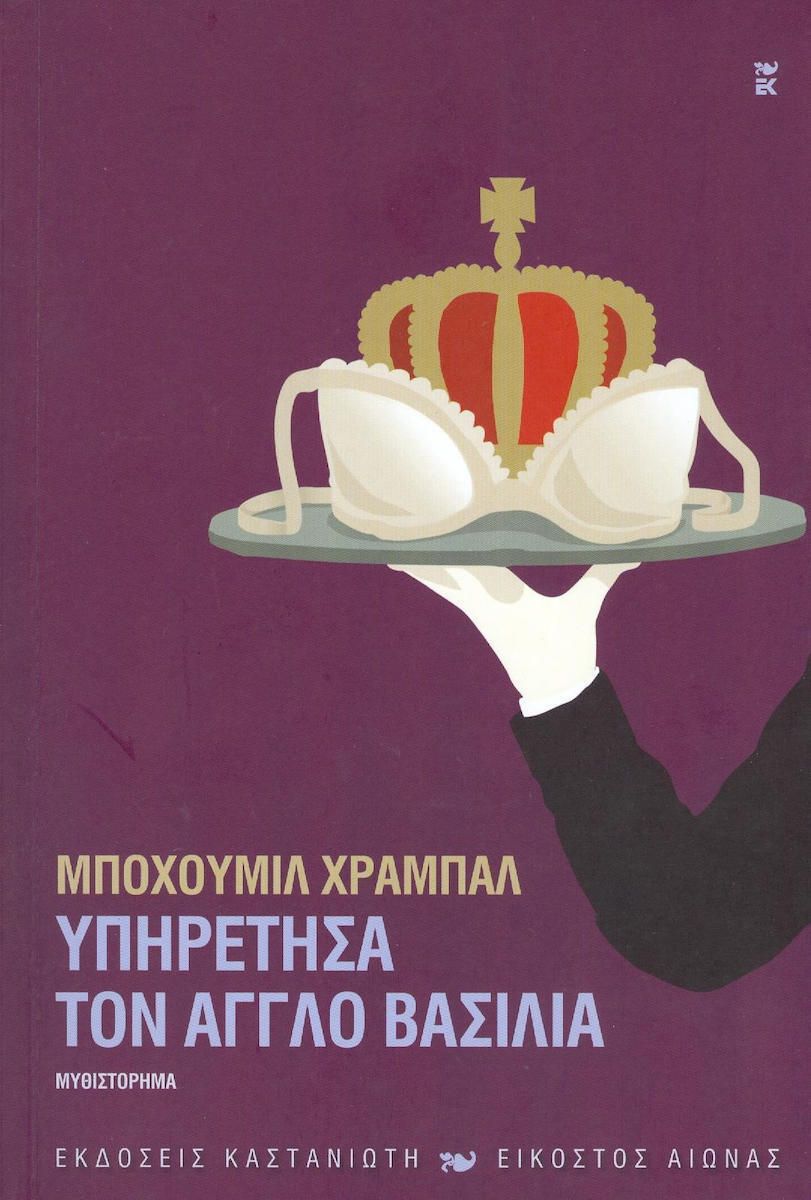


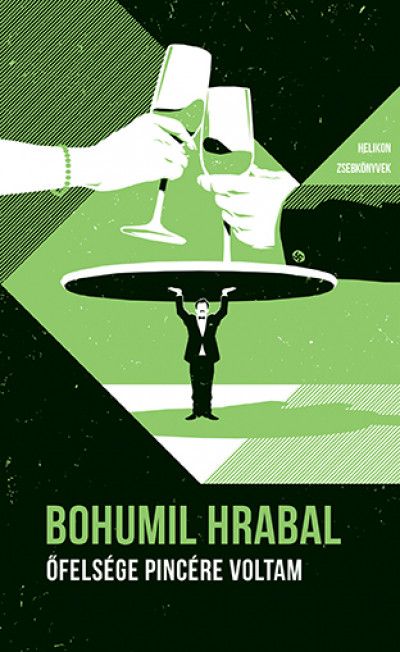
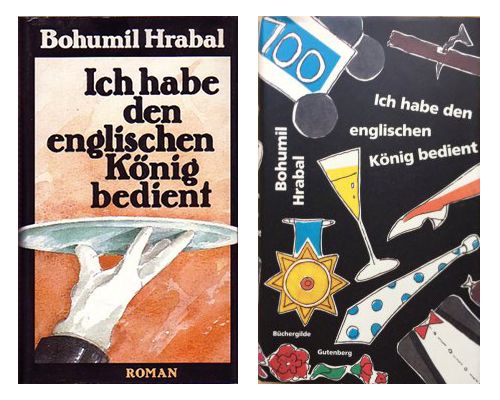
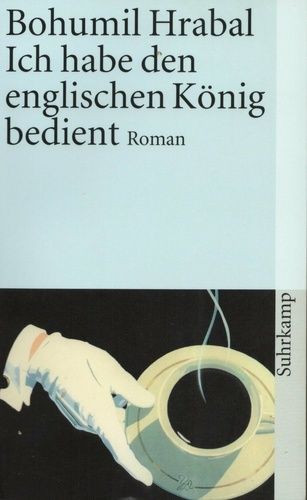
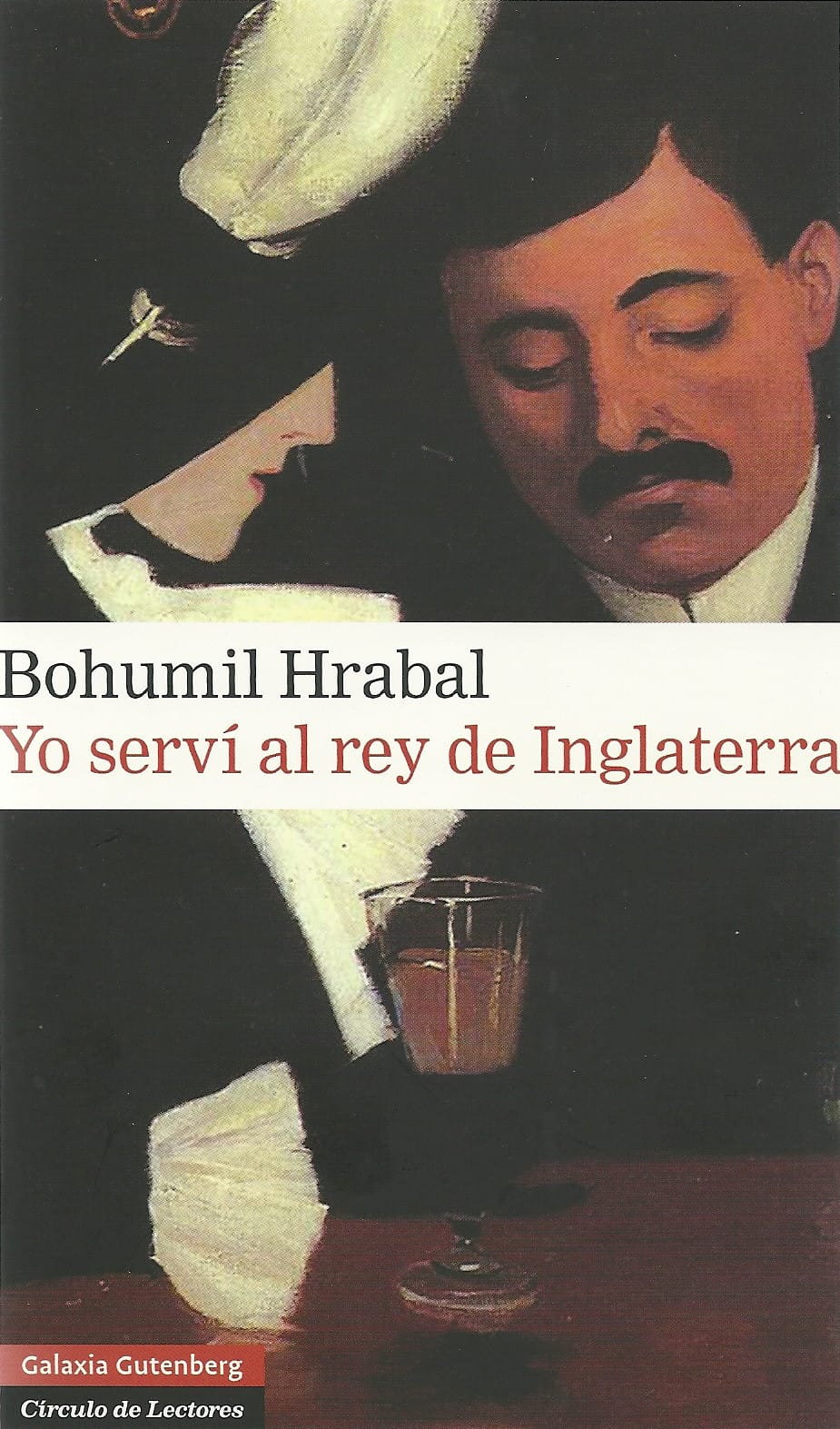
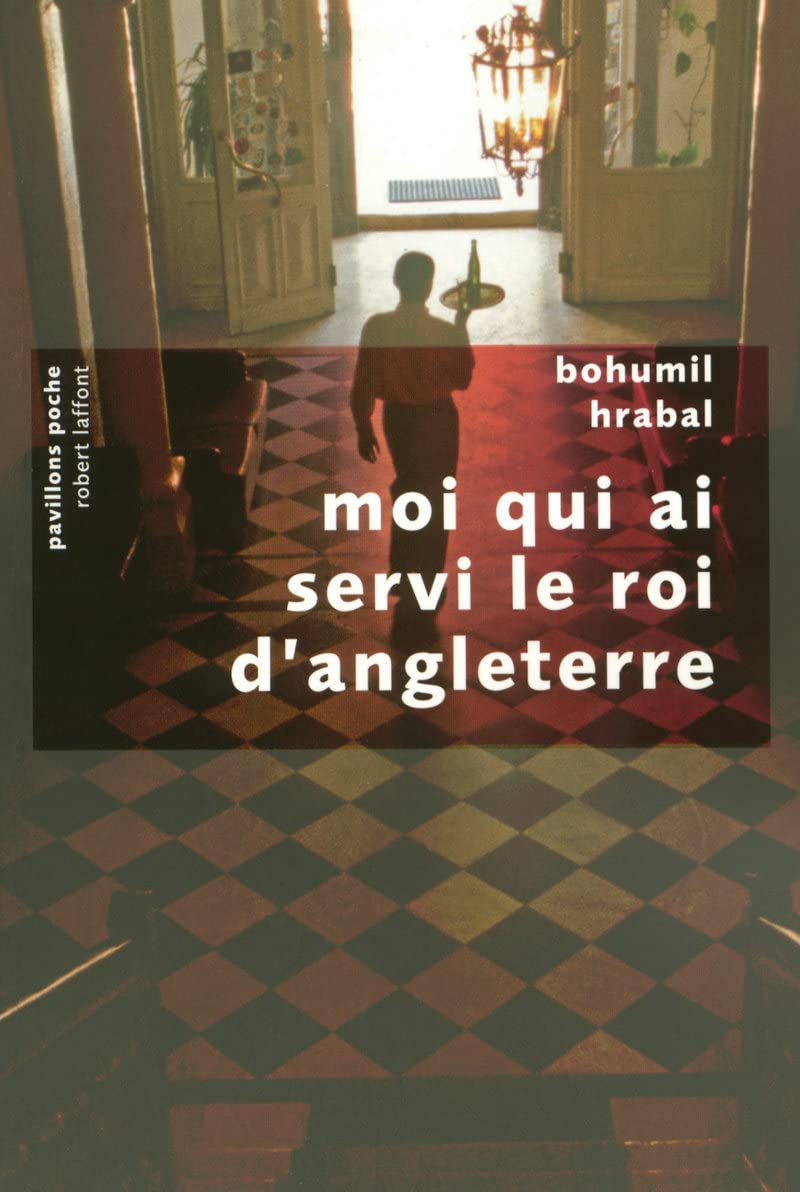
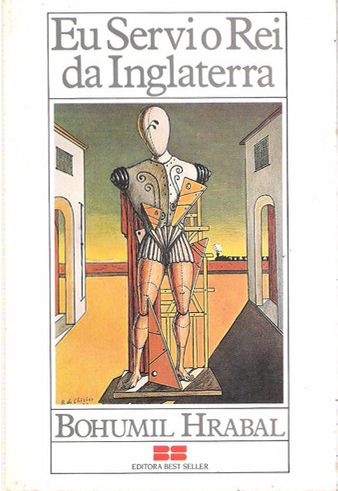

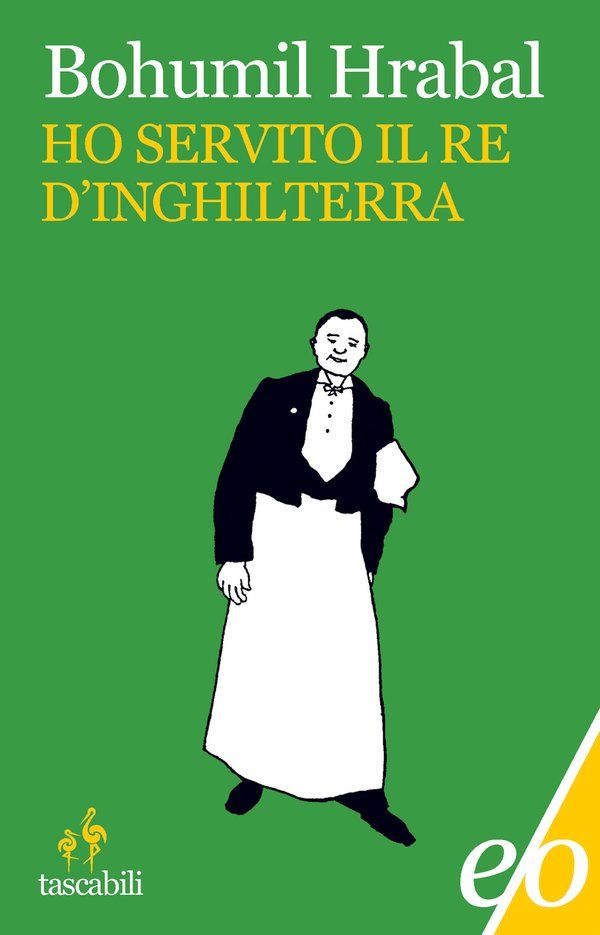
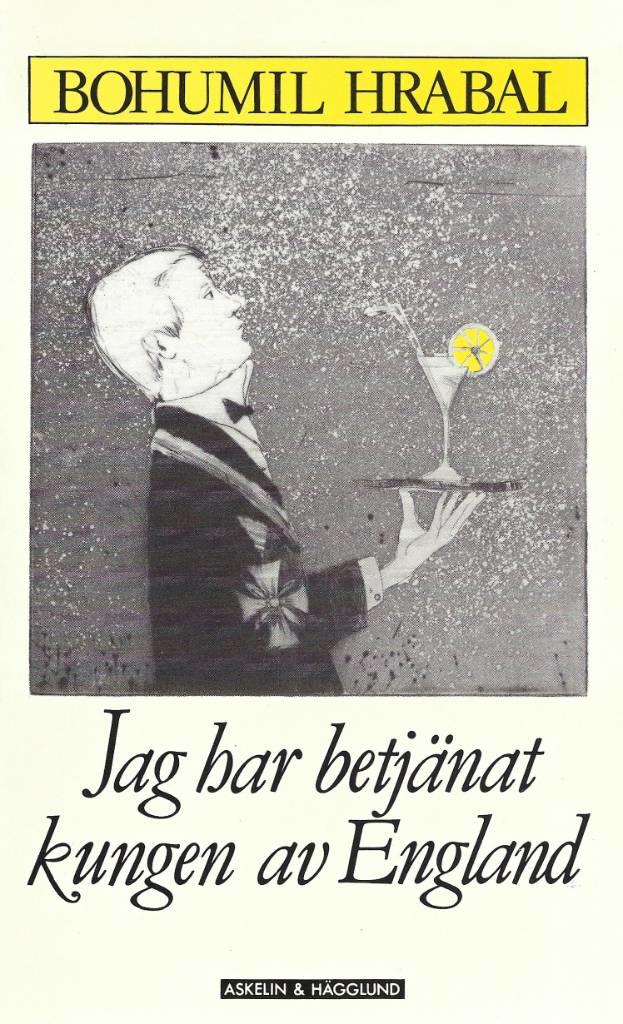

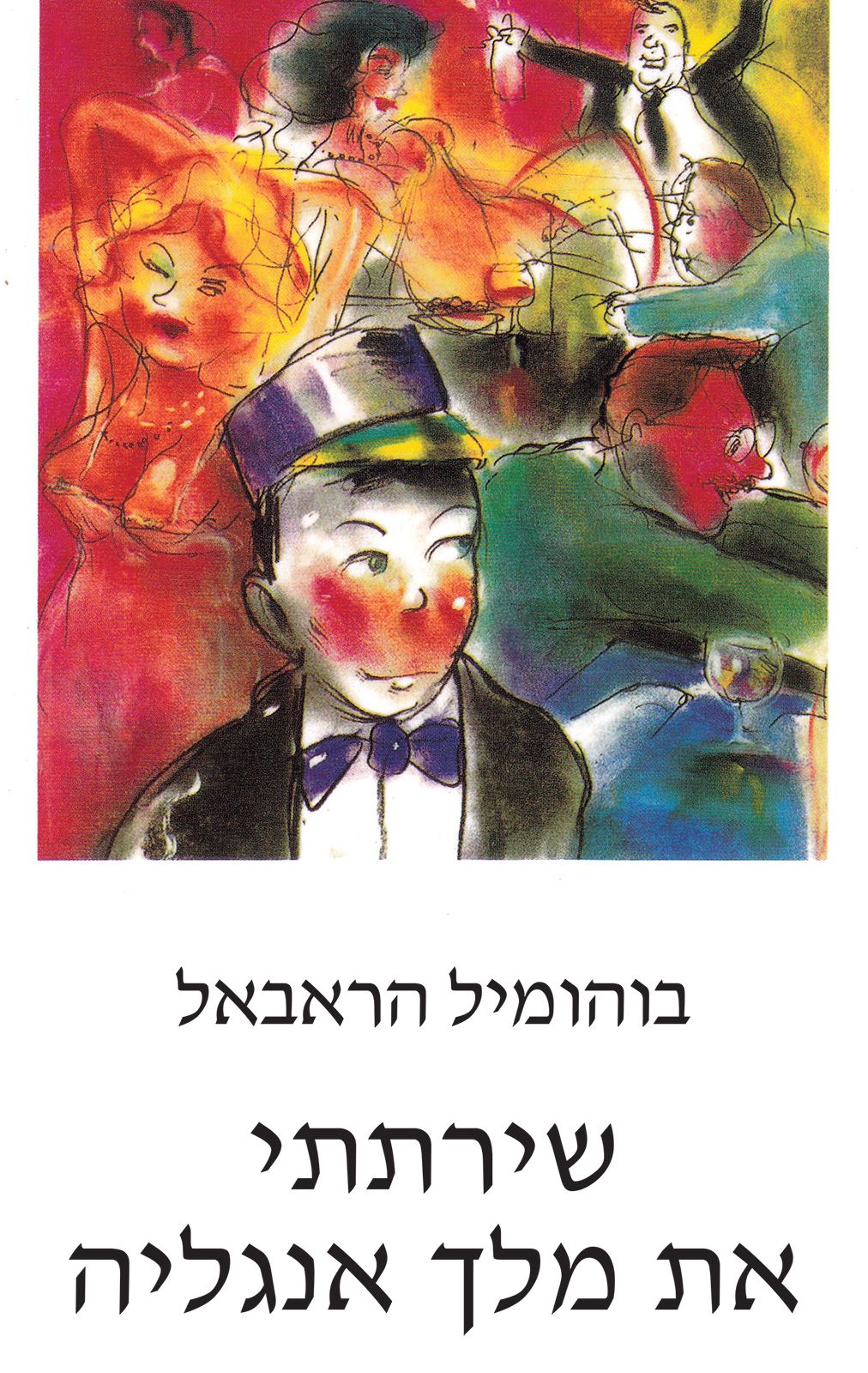
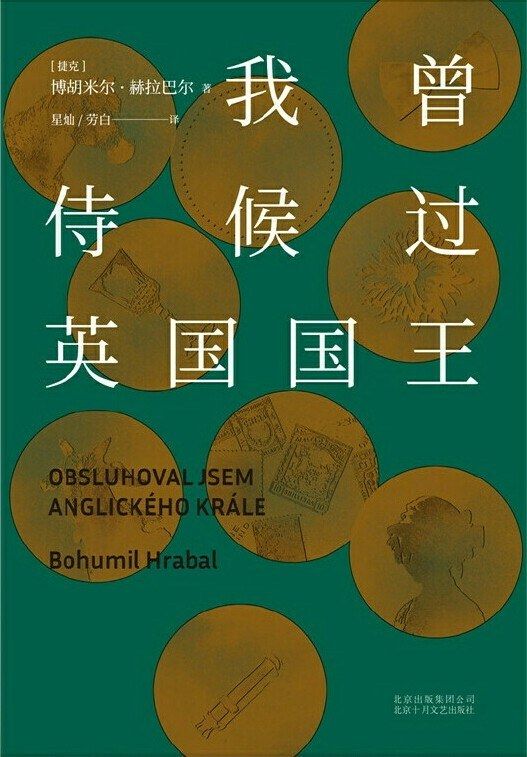

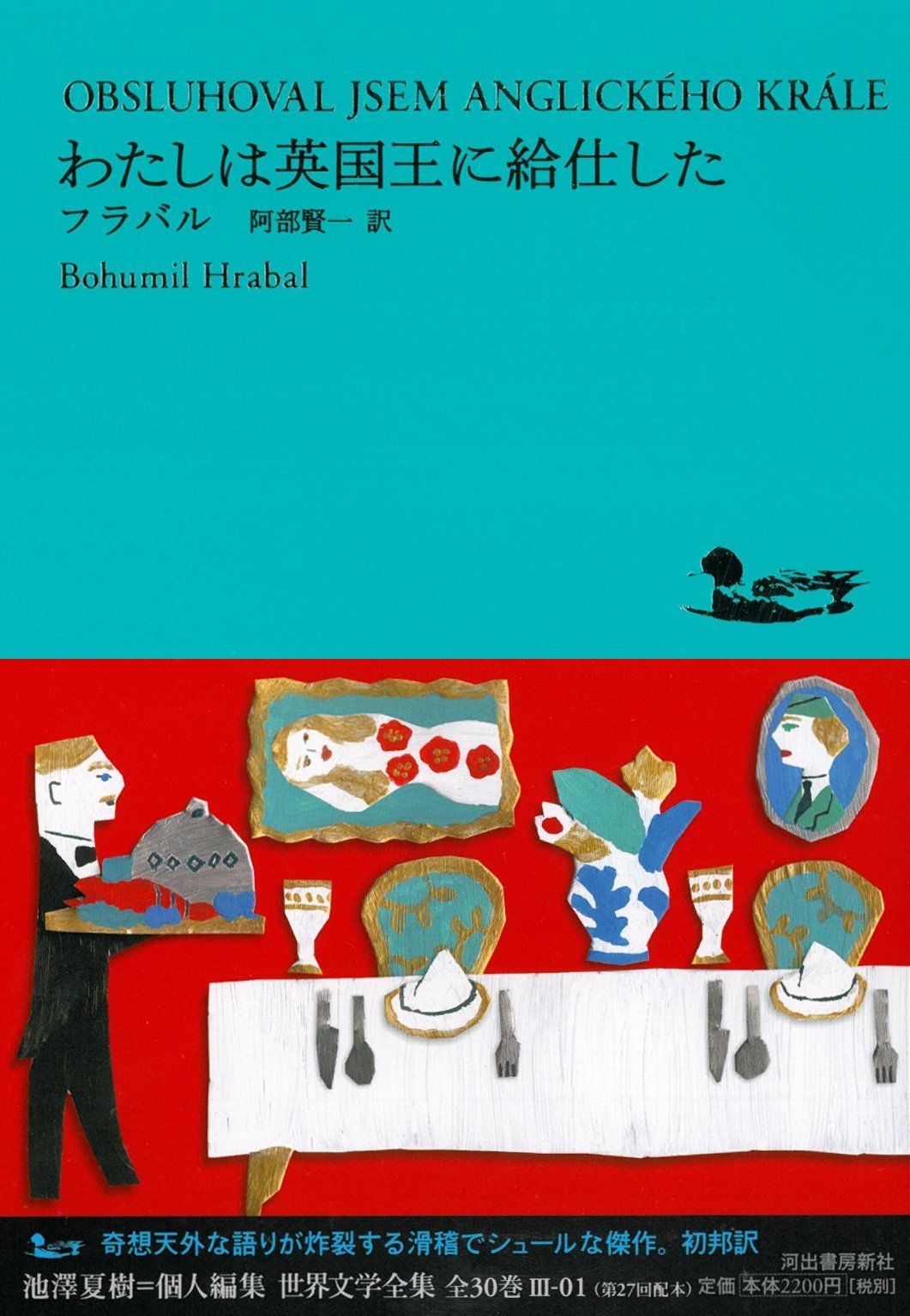
The book+covers series presents the covers of Central and Eastern European literary classics published in countries all over the world.
Cover graphics: Roland Molnár

Who is Aleksandr Dugin, the self-proclaimed Russian prophet?










